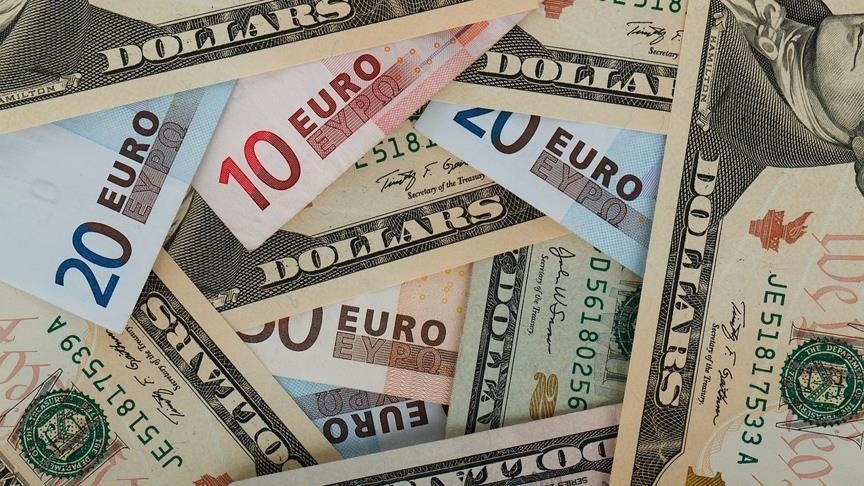New Delhi: Income tax return (ITR) forms from next year will have a separate column for making disclosures on gains made from cryptocurrencies and paying taxes, revenue secretary Tarun Bajaj said on Wednesday.
The government will from April 1 charge a 30 per cent tax plus cess and surcharges, on such transactions in the same manner as it treats winnings from horse races or other speculative transactions.
Mr Bajaj said in an interview that gains from cryptocurrencies were always taxable and what the Budget proposed is not a new tax but providing certainty over the issue.
“The provision in the Finance Bill is related to taxation of virtual digital assets. It is to bring certainty in taxation of cryptocurrencies. It does not convey anything on its legality which would come out once the Bill (on regulating such assets) is introduced in Parliament,” he said.
The government is working on legislation to regulate cryptocurrencies, but no draft has yet been released publicly.
In the meanwhile, a central bank-backed digital currency will start circulating in the next fiscal to usher in cheaper, more efficient currency management.
The 30 per cent plus applicable cesses and surcharge of 15 per cent on income above ₹ 50 lakh will have to be paid on income from cryptocurrencies, he said adding the income tax return form from next year will have a separate column to declare gains from crypto.
“Next year ITR form will show a separate column for crypto. Yes, you will have to disclose,” he said.
The launch of ‘Digital Rupee’ by RBI as well as a 30 per cent tax from April 1 on profits from digital asset transactions, including cryptocurrencies and non-fungible tokens (NFTs) was announced by finance minister Nirmala Sitharaman in her budget speech on Tuesday, as the country keeps pace with the global move toward virtual financial instruments.
“The Government was very clear that it has to push for a tax on income from crypto assets. So we have brought in maximum rate and levied 30 per cent, with an applicable surcharge. We have also brought in TDS, so we will now track the transactions,” Mr Bajaj said.
The budget 2022-23 also proposed a 1 per cent TDS on payments towards virtual currencies beyond ₹ 10,000 in a year and taxation of such gifts in the hands of the recipient. The threshold limit for TDS would be ₹ 50,000 a year for specified persons, which include individuals/HUFs who are required to get their accounts audited under the I-T Act.
The provisions related to 1 per cent TDS will come into effect from July 1, 2022, while the gains will be taxed effective April 1.

























